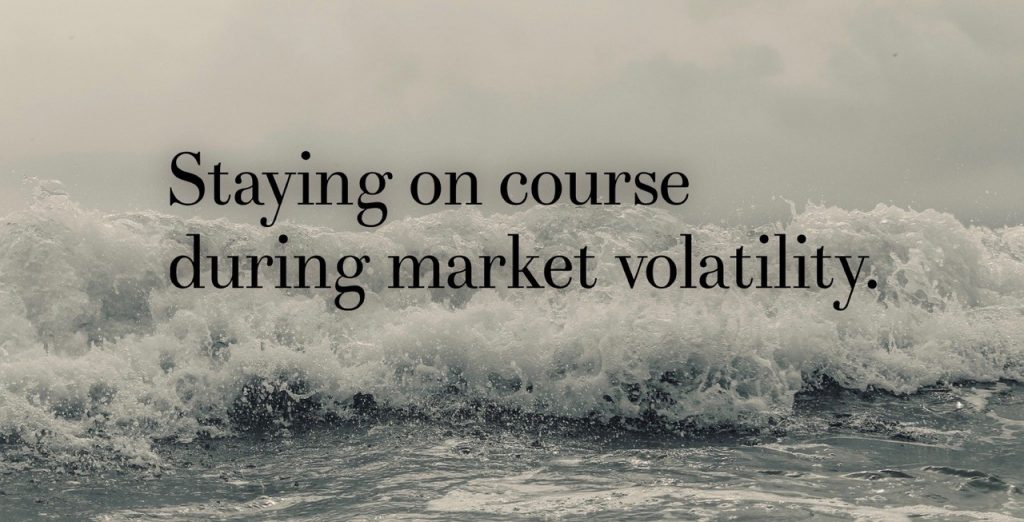 Resist the temptation to react
Resist the temptation to react
Sometimes, the best reaction is no action at all. Consider a soccer analogy.
During a penalty kick, a soccer goalie must make a split-second decision to stay put in the center of the goal, jump left, or jump right.
Behavioral economist Ofer Azar collected data on more than 300 goalies and discovered that goalies who jumped left stopped just 14.2% of the shots, those who jumped right stopped a mere 12.6%. But goalies who stayed put in the center of the goal were able to prevent goals 33.3% of the time. Amazingly, only 6% of the goalies chose that option.*
Azar interviewed the goalies about their decisions and found that emotions played an important role. The goalies revealed that they felt worse if the goal was made and they were standing still. In fact, taking action, even if it’s certain to lead to failure, was considered better than taking no action at all.
Azar applied his soccer research to the behavior of investors and found that when the markets are in turmoil, we have a powerful urge to “do something” even when that “something” doesn’t make a lot of practical sense. In the 2008 market meltdown, many investors gave in to the instinct to sell because it satisfied their desire for action. But those who stayed put benefited in the long run as the market recovered.
The bottom line: During times of market stress, it can be difficult and even seem counterintuitive to stay put, but that’s often exactly the best decision. Historically, the stock market delivers far more often than not. Working together, we can increase the chances for investment success by resisting the temptation to “jump” to one side or the other when markets erupt in turmoil.
From Vanguard
* Wray Herbert, 2010. “On Second Thought: Outsmarting Your Mind’s Hard-Wired Habits.” New York: Broadway Paperbacks.
Disclosure: Please remember that all investments involve some risk. Be aware that fluctuations in the financial markets and other factors may cause declines in the value of your account. There is no guarantee that any particular asset allocation or mix of funds will meet your investment objectives or provide you with a given level of income. Please remember that past performance may not be indicative of future results. Different types of investments involve varying degrees of risk, and there can be no assurance that the future performance of any specific investment, investment strategy, or product (including the investments and/or investment strategies recommended or undertaken by Versant Capital Management, Inc.), or any non-investment related content, made reference to directly or indirectly in this article will be profitable, equal any corresponding indicated historical performance level(s), be suitable for your portfolio or individual situation, or prove successful. Due to various factors, including changing market conditions and/or applicable laws, the content may no longer be reflective of current opinions or positions. Moreover, you should not assume that any discussion or information contained in this article serves as the receipt of, or as a substitute for, personalized investment advice from Versant Capital Management, Inc. To the extent that a reader has any questions regarding the applicability of any specific issue discussed above to his/her individual situation, he/she is encouraged to consult with the professional advisor of his/her choosing. Versant Capital Management, Inc. is neither a law firm nor a certified public accounting firm and no portion of the article content should be construed as legal or accounting advice. If you are a Versant Capital Management, Inc. client, please remember to contact Versant Capital Management, Inc., in writing, if there are any changes in your personal/financial situation or investment objectives for the purpose of reviewing/evaluating/revising our previous recommendations and/or services. A copy of the Versant Capital Management, Inc.’s current written disclosure statement discussing our advisory services and fees is available upon request.
